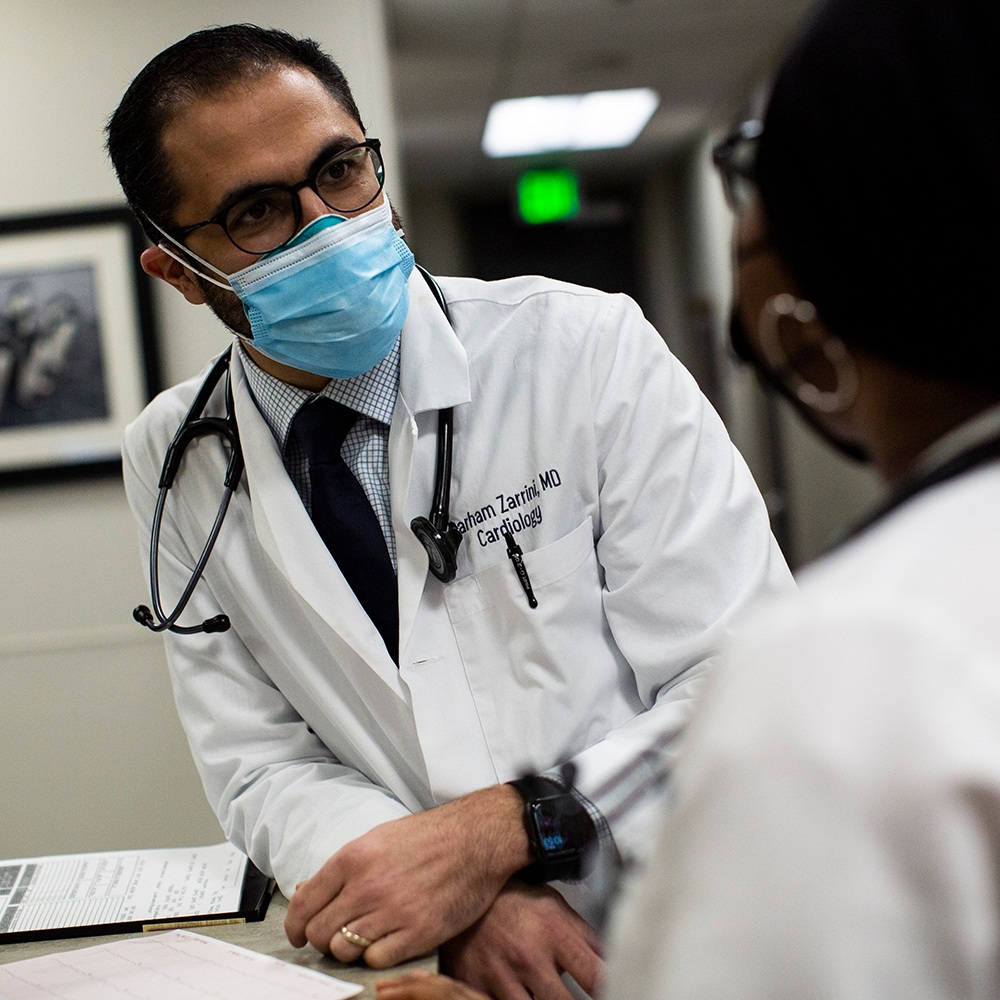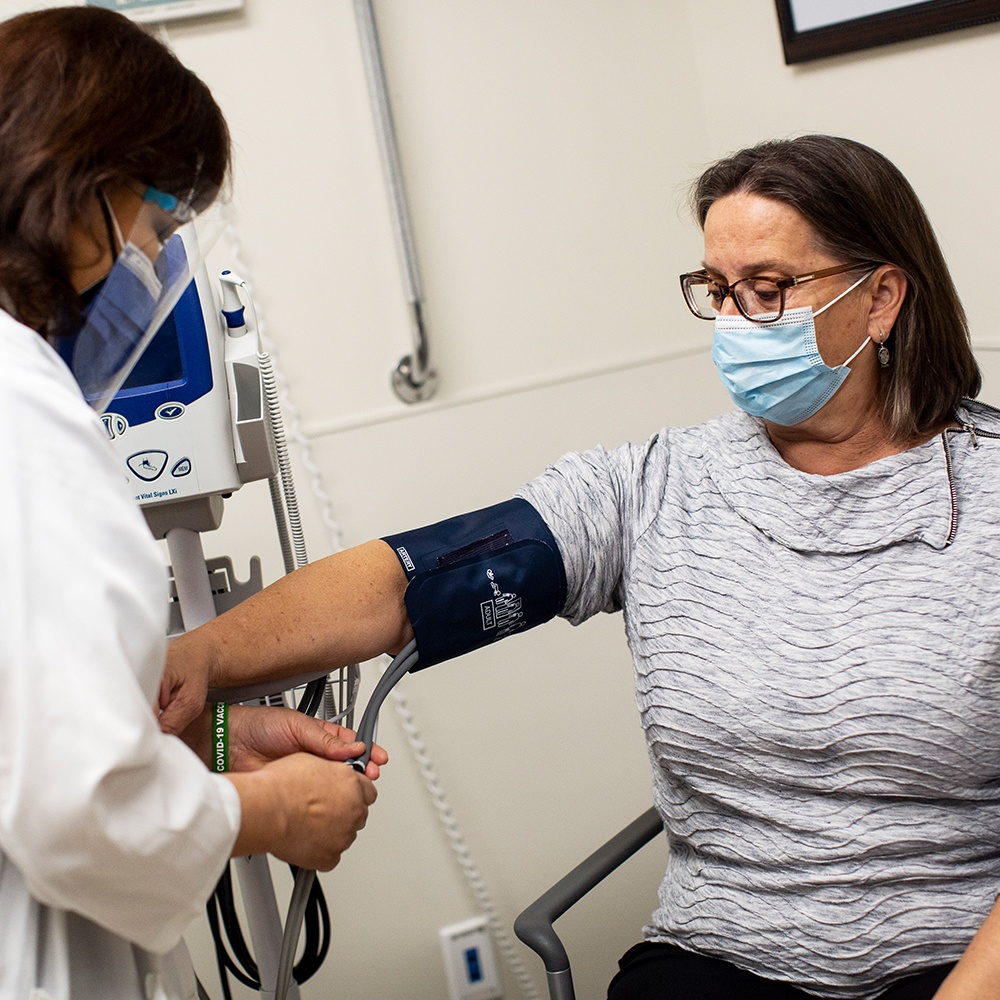Coronary Calcium Scan

Overview
What is a Coronary Calcium Scan?
A coronary calcium scan is a non-invasive test performed to detect blocked or clogged coronary arteries, using a computerized tomography (CT) scan. A coronary calcium scan calculates your Agatson score, which is based on the amount of calcium-containing plaque in the arteries. If your score is high, it can raise your risk for having a heart attack, even if you have no signs or symptoms. If you do have a high Agatson score, it doesn’t mean you’ll have a heart attack, but it does indicate you should make certain lifestyle changes or have changes to your current medication.
Why
Why Coronary Calcium Scan?
Your doctor may recommend a coronary calcium scan to gain a better understanding of your risk of heart disease and design an appropriate treatment plan. The scan may also be order if:
- You have a family history of heart disease.
- You have high cholesterol levels.
- You have high blood pressure.
- You smoke tobacco.
- You have diabetes.
- You don’t regularly exercise.
- You’re overweight.

Risks
Coronary Calcium Scan Potential Risks and Complications
A coronary calcium scan is a quick and painless procedure. During the scan you are exposed to a relatively low dosage of radiation. If you are pregnant, it’s best to wait before having the scan. Your Saint John’s Physician Partners doctor will discuss the benefits and risks of this procedure so you can make an informed decision.

What to Expect
What to Expect During a Coronary Calcium Scan
Before the scan you will have electrodes attached to your chest to connect to an electrocardiogram (ECG) to record your heart activity and coordinate the timing of the X-ray pictures. You will be on a movable table that slides into the CT scanner. You may be given medication by pill or injection to slow your heart to ensure a clear image of your arteries.
The entire procedure takes about 10 to 15 minutes, and you should be able to drive yourself home and continue your normal daily activities. Based on the results, your doctor will discuss what your score means and may order further tests.

Specialists




















